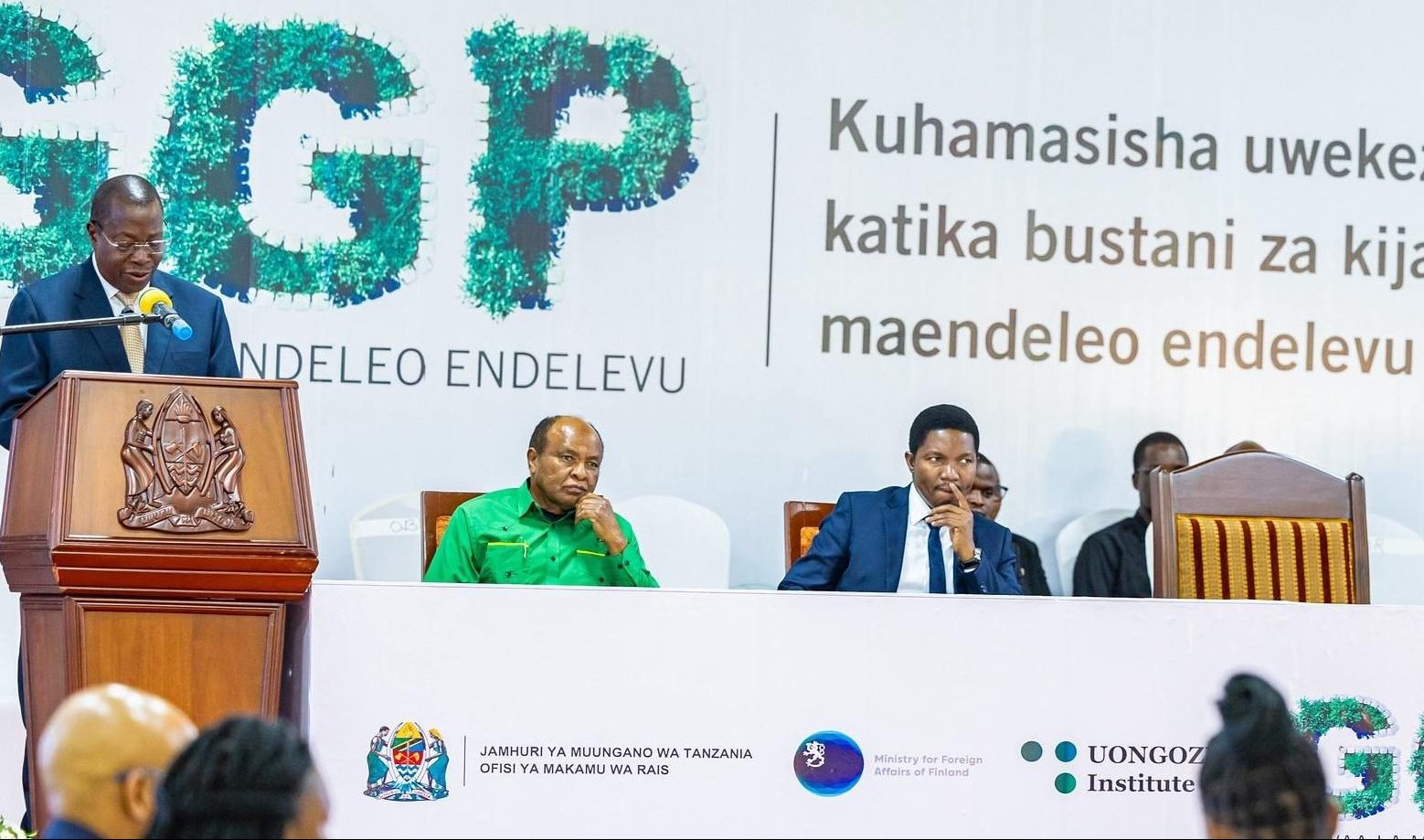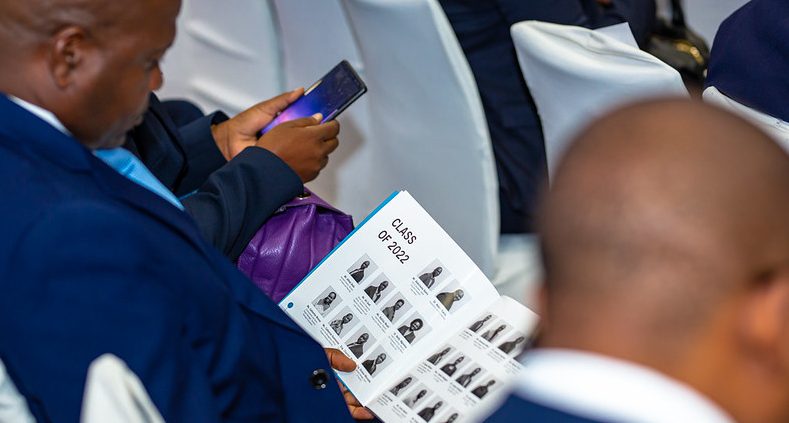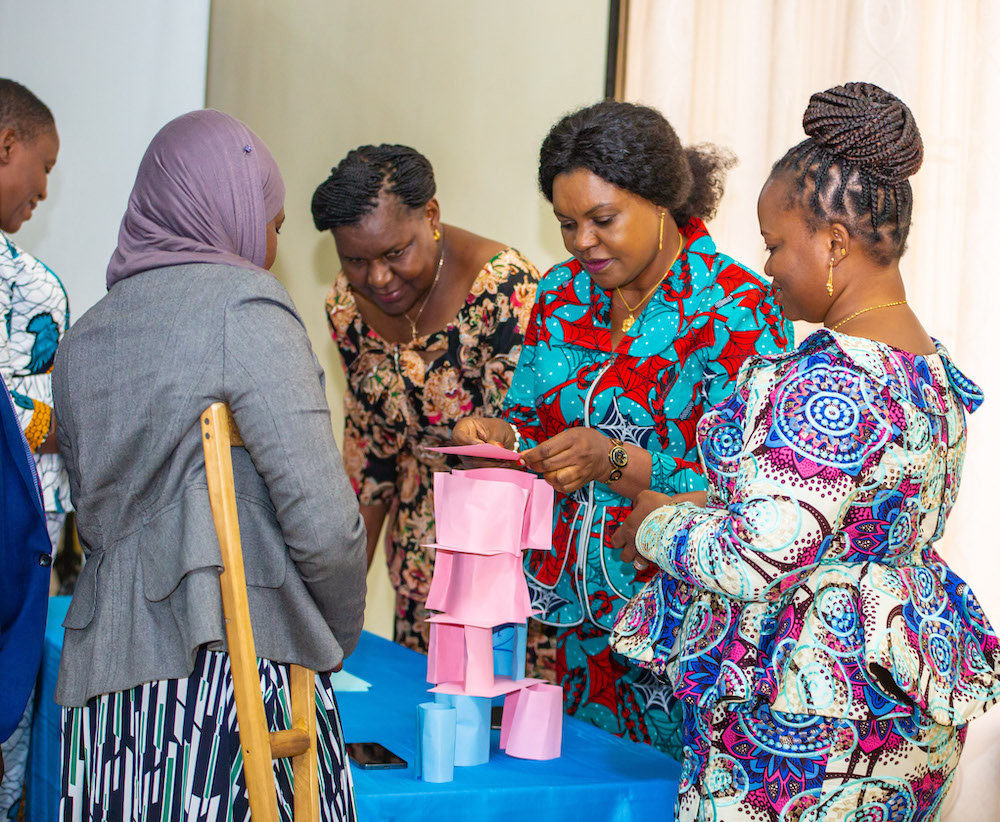By Dennis Rweyemamu
Tanzania’s natural wealth has increased with the discovery of large deposits of deep-water off-shore natural gas. The Government is determined that these resources should generate the best possible returns for the country and build the foundation for sustainable socio-economic transformation, as well as broad-based growth and development. However, the transformation of resource wealth into prosperity could easily fail because of a weak underlying system of coordination and decision making. Some of the strategic issues being addressed transcend agency boundaries, and therefore effective management will require Government to take a comprehensive approach that covers the full range of issues involved in transforming resources under the ground into improved development outcomes above the ground. This should involve linking upstream, midstream and downstream industry decisions, taking on board environmental and community issues, management of revenues, and wider economic concerns. The approach should also consider long-term implications, recognizing the fact that the transformation from wealth in the ground to wider societal benefits can take many years, and present many challenges and surprises along the way.
Ministries and agencies have the essential expertise in their own domains to develop appropriate policies for their respective sectors. However, many issues addressed in policies cut-across the domains of more than one ministry. Also, some general technical expertise may not exist sufficiently in any one ministry. So, while policies are developed in ministries, they should be well coordinated in order to ensure that the system creates policies that are in line with broader government priorities and are consistent with one another.
What parts of government should be setting policy and making key decisions on harnessing gas for sustained transformational development? Currently, the Ministry of Energy and Minerals (MEM) is the lead policy and administrative institution and plays a coordinating role with other institutions in the sector, many of which are its affiliates. Working alongside MEM, the nationally owned petroleum company TPDC is the national partner in all petroleum ventures. While a new independent regulatory body, the Petroleum Upstream Regulatory Authority (PURA) is tasked with upstream regulation, the Energy and Water Utility Regulatory Authority (EWURA) role is confined to midstream and downstream regulation.
Looking towards taxation and revenue collection, the Ministry of Finance (MOF) is the lead policy institution, but MEM and TPDC also play an important role in setting royalty and profit sharing terms on the project level. The Attorney General is also involved in negotiation and devising contracts. In terms of revenue collection, several institutions have roles to play over different components. Among the institutions involved, the Tanzania Revenue Authority (TRA) collects income taxes from gas companies, while MEM collects the large share of non-tax revenues from petroleum activities via TPDC including royalties, licence fees, application fees and annual rent, and profits from oil and gas. The MOF collects revenues from equity holdings, and local authorities collect a local service levy from extractive companies. These institutions play similar roles in relation to all other economic agents in the economy.
Coordination on environmental and community issues is also complex. The Vice President’s Office (VPO) is the lead policy institution in this domain, and has to coordinate with MEM, and the national agencies on policy issues. Compliance and enforcement of law is implemented by the National Environment Management Council (NEMC), in coordination with local authorities. Meanwhile the Ministry of Labour and Employment, lead on formulation of labour, social security, and employment policies, while the Ministry of Lands, Housing and Human Settlements Development has to approve land allocations for extractives use.
Coordination becomes even more complex when one considers the relationship between oil and gas and wider economic issues. The key institutions in this realm include the Planning Commission, the body which develops Tanzania’s national planning framework centred on the Five-year Development Plan (FYDP), and MOF which manages the national budget, and the financing framework for the Medium-Term Expenditure Framework (MTEF).
Two key challenges pervade when it comes to coordination and decision making on the full range of issues required to harness natural gas for development. First, the fact that many of these institutions lack the authority to convene high-level decision makers from partner institutions on a regular basis means that they tend to operate in an environment of inadequate information. Second, without high-level oversight to direct activities, there has been no one to oversee organizational roles and responsibilities, opening possibilities of ‘mission creep’ where institutions work beyond their mandate, sometimes leading to potential conflicts of interest, while lack of engagement or inaction has meant that other institutions are not doing the work that they should be doing.
Strengthening coordination accross a range of different Government institutions is critical. However, with coordination, the practice has often been agencies talk to each other and at most share information; knowledge; and expertise, which is not enough when it comes to making decisions on strategic issues with broader implications. This brings about the concept of the “authorising environment” for policy and decision making. It is important to go beyond mere coordination and create an authorising environment with legitimate power for making key decisions. It should be about joint decision-making with regard to strategic matters relating to the oil and gas economy. That is the authorising environment, and that cannot be in one Ministry, it has to be in the relevant group of Ministries. In effect, the cluster of economic Ministries must all be involved in the governance and management of hydrocarbon resources in Tanzania.
This article was written as a part of the work that is being undertaken under UONGOZI Institute’s Natural Resource Management Programme.
Mr. Dennis Rweyemamu is the Head of Research & Policy at UONGOZI Institute.






